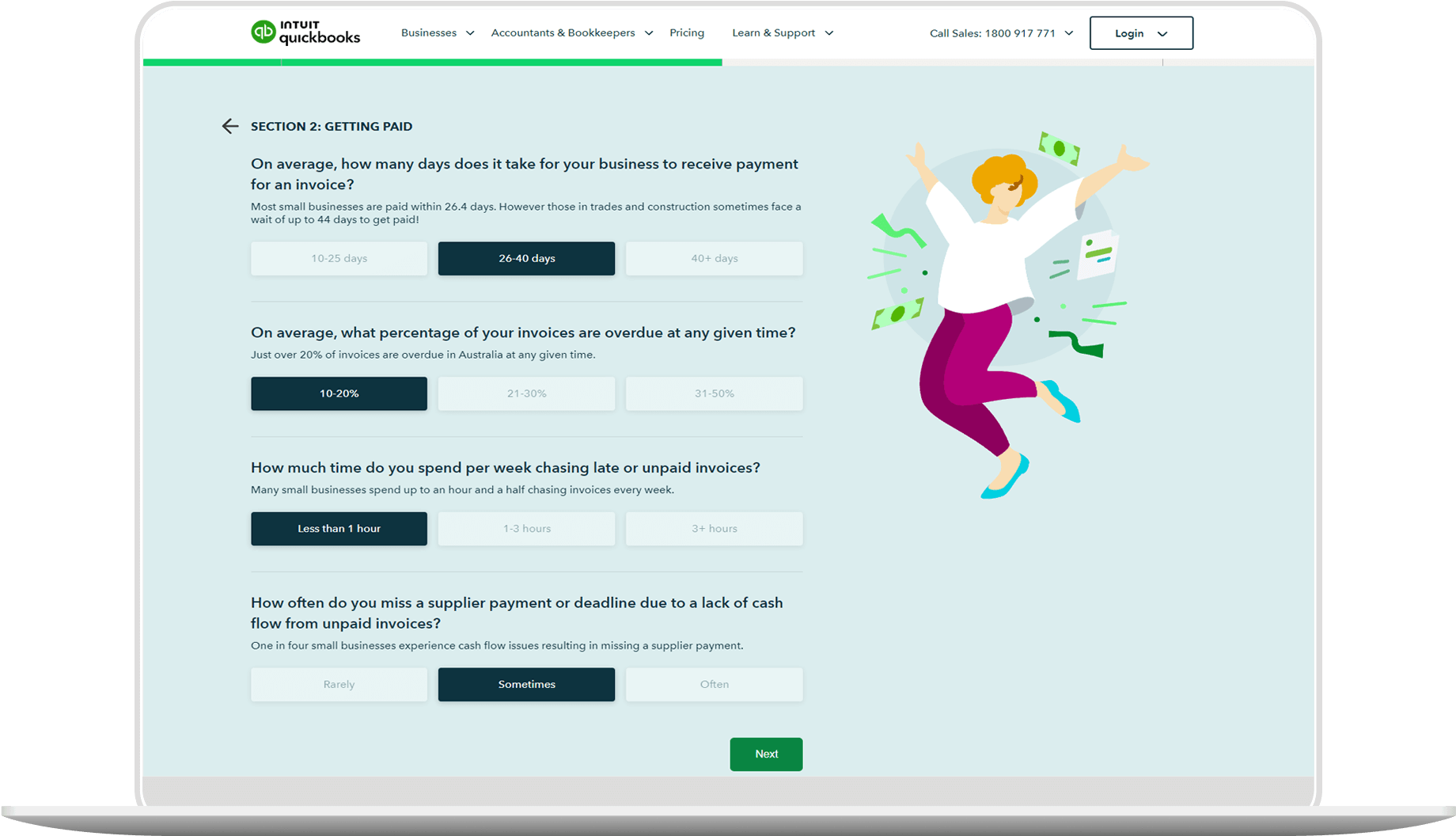Interest and bank charges
Are you paying back a loan for expanding your small business? If so, most of your interest charges may be deductible as miscellaneous business expenses, including charges for any property your company has purchased. You may receive deductions for any fees or penalties you pay associated with a loan as well as interest on most loans you make against insurance policies.
Consider your country’s options regarding tax treatment of interest payments and amortise them over 5 years. In some cases, you can add your interest payments to the cost of the property involved instead of treating them as miscellaneous business expenses.
Keep in mind that, as a small business owner, you may have some restrictions, such as those on the amount of interest that’s deductible for purchases of vehicles and vacant land. If you have a home office, deduct your interest on your home mortgage as an expense related to the business use made from your home.
You may also be able to deduct all management and administration fees you pay for the operation of your small business, including bank charges. If your business accepts credit card payments and pays the corresponding processing charges, tracking these miscellaneous expenses in QuickBooks makes it easier to include them when filing your tax returns.



















